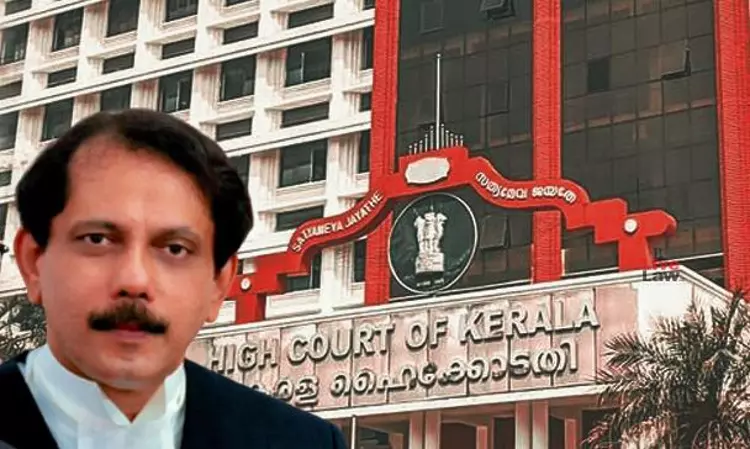Maintenance Application Under Chapter IX CrPC Cannot Be Dismissed For Default: Kerala High Court
Tellmy Jolly
3 Nov 2023 12:50 PM IST

Next Story
3 Nov 2023 12:50 PM IST
The Kerala High Court recently considered whether an application filed for maintenance allowance under Chapter IX of CrPC can be dismissed for default (non-appearance of party seeking maintenance). Chapter IX, Section 125-128 of CrPC contemplates Order for Maintenance of Wives, Children and Parents.Justice C.S. Dias observed that Magistrate has no implicit power to dismiss an application...
